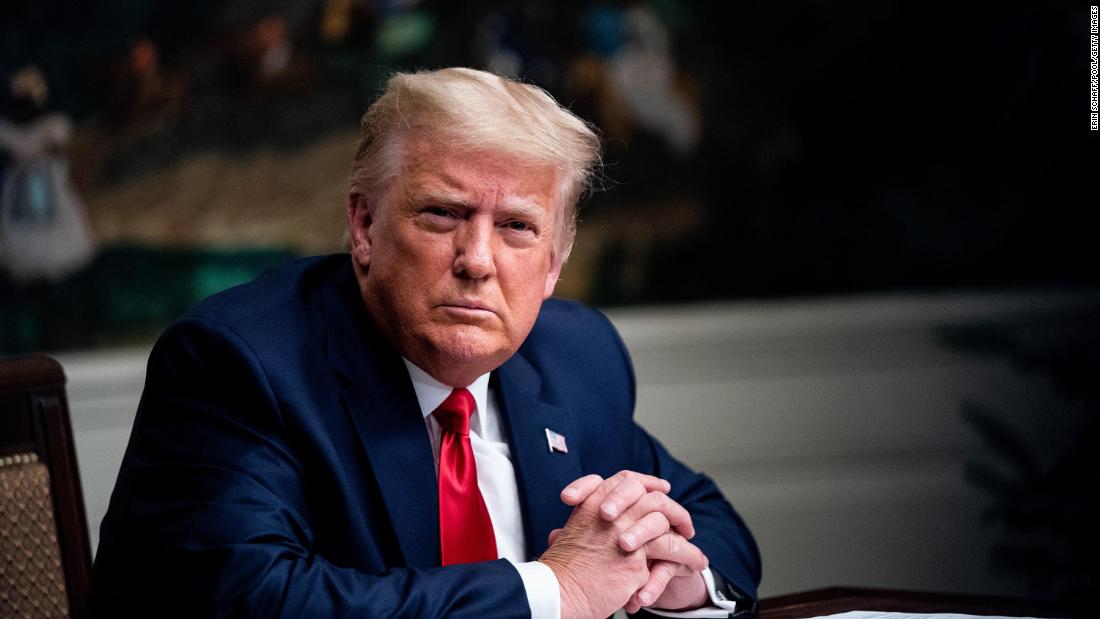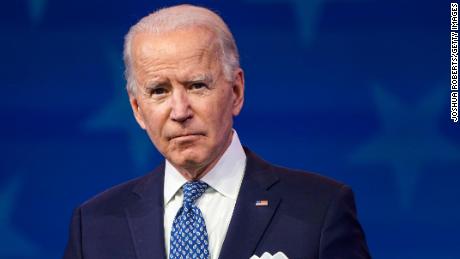Opinion: Trump’s wrecking ball of a transition
The transition period used to be even longer. Until the 20th Amendment was ratified in 1933, this gap lasted from early November until March 4, when Presidents were inaugurated. This four-month gap allowed Congress to count and report votes and gave the President-elect sufficient time to travel to the capital. But the problems that could arise during this time — along with technological advances that cut down on travel time — created pressure to shorten the window, especially after the infamous “Secession Winter” of 1860 left President-elect Abraham Lincoln powerless as several Southern states left the union to form the Confederacy.
It turns out, however, that even two months is no guarantee of a smooth interregnum. President Donald Trump has managed to use his remaining time in office to act as a political wrecking ball while the country is still being ravaged by the Covid-19 pandemic.
While the President has been unsuccessful in his efforts to overturn the election, he may have succeeded in sowing distrust among many in our democracy, fanning the flames of the toxic political atmosphere and likely making governing that much more difficult for President-elect Joe Biden.
While attacking the election, the President has fumbled the issue of the moment: the country’s pandemic policies. As states face a winter surge and intensive care units reach capacity, President Trump has turned a blind eye to the millions of families that are suffering as a result of the pandemic. Despite 18 million cases, more than 330,000 deaths, and millions facing economic hardship, there has been little direction from Washington about what states need to be doing right now to curb the spread of this horrible virus.
President Trump’s 11th hour decision to blow up the stimulus negotiations has also jeopardized much needed financial relief for millions of Americans. Rather than showing a genuine effort to pressure Senate Republicans to agree to legislation House Democrats passed in May, which would have provided $1,200 checks for individuals and up to $6,000 per household, Trump decided to intervene only after Congress finally agreed on individual payments of $600 — saying he wanted $2,000 checks instead.
Given all that has happened during this transition, some commentators wonder whether Congress should reduce the time between election and inauguration even more. It’s unclear whether doing so is possible or desirable. In an age where the responsibilities of the President have expanded as a result of the growth of government, there is something to be said for allowing enough time for a new President to establish his administration and prepare for the challenges ahead.
But we have learned once again just how much leeway there is within our political system for Presidents to misuse their power and create immense instability. Even if Congress doesn’t shorten the transition period, there are safeguards it can put into place. This transition has given us more than enough reason to revisit our election laws, provide more clarity about the Electoral College certification process, and rein in the executive power that a lame duck President can wield.
![]()






